Living in isolation
My name is Indika. I live in Matale district, Sri Lanka with my husband and two children. My husband is a farmer just like many other people in our district. Although Matale is believed to be the “center” of the country, the reality is we were isolated. Our area is quite a distance from the town centers. The only mode of public transportation is not available in the evening. Some use small motorbikes for transportation, but it is risky because once the sun sets, wild elephants take over the roads.
Rays of hope
Four years ago, some people came to our village and introduced themselves as MONLAR (Movement for Land and Agricultural Reform), an organization based in Colombo. They indicated that they want to meet with the farmers. The farmers, including my husband and I, in our village had an initial meeting with them and eventually ended up forming a group as a Farmer Organization (FO). We were introduced to the District Farmer Organization and became a member of it. Next, we became part of the National Farmer Organization—the Lanka Farmers’ Forum (LFF). LFF comprises about 500 FOs in nine districts in Sri Lanka and has 20,000 members. The whole thing was an initiative of the Medium Term Cooperation Program (MTCP), which has become a household name among the lead farmers.
Dreaming?
During the last four years, a lot of things happened. Sometimes when we look back, we still wonder if those were merely dreams. It was so hard for us to believe the good things happening to us after joining the LFF.
Getting organized
The FOs in Matale District formed the District Farmer Forum and I was elected as the president. Later on, at the National Lanka Farmers Forum, I was elected as the secretary.
Earlier, the farmers were engaged in farming individually. They grow and sell their harvest in bulk to the traders from the city coming in a lorry. The prices are generally very low, compared to the retail prices in town, but we had no alternative to make money for our hard labor. We were weak because we were acting individually. There was no collective strength.
Strengthening farmers and Farmer Organizations
The MTCP initiative is focused on “strengthening the farmers organizations”. We now only realized the value of it as we were earlier isolated in our own plot of lands. The only person we dealt with was the trader who was also the money lender. We bought all the chemical inputs from the nearby shop nearby. Our whole world was limited to these interactions.
After becoming a member of the LFF, even at village level, we were able to interact closely with our fellow farmers and share our problems. It was also a huge step forward when we participated in several training and awareness programs. We were able to interact with the members of the other FOs in other districts. Apart from establishing relationships with them, we gained knowledge on farming methods, post-harvest techniques, value adding, usage of small scale machineries, packaging, and marketing. The experience and the exposure we had were very helpful.
Breaking the silence
We never thought that we could influence the government and policy makers. The reason was that we were alone and spent most of the time in our plot of land struggling to make an income.
We were amazed to participate in the discussions where we discussed the decisions made by the government with regard to our agriculture, our livelihood. We participated in many protest campaigns even in the capital Colombo.
Making a decent living
Farming was a kind of vocation traditionally, comes on to the rural women. We were not on the top of it.
Women do most of the hard work, but the transactions were done by the men. Until MTCP and LFF suggested the idea of adding values to our primary products, we were always at the back seat. We put what we learned from the trainings to practice and processed our primary products. We then decided collectively to open up a ‘sales outlet’ of our own where we are going to sell our value added products. We named our products “PINK PRODUCTS” to give a feminine touch to them because this is an initiative of the women.
We are also operating in Naula and found out that the sales outlet is very busy in the morning. We offer ‘poison-free food’ or organic food to the consumers and our shop was getting the attention of many people in town.
Now that we are all working together, we feel the strength and the beauty of togetherness. We made lots of friends in LFF. We feel that we have broken our isolation.
A women farmer from Matale in SAARC!
I was particularly happy that I, the Secretary of LFF and a woman farmer from Matale district, presented our story in a conference in Nepal where the Secretary General of SAARC was also in attendance.
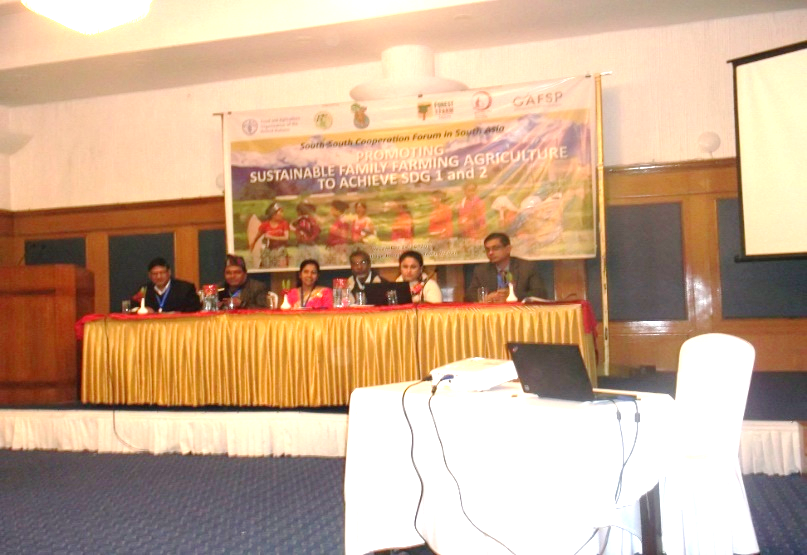
Indika present her story during the South South Cooperation Forum in Kathmandu, Nepal in December 2017
This was just a dream that I never thought will come true, but it became a reality thanks to MTCP interventions. Before, we did not even have the slightest hope or even a dream to come out of isolation and interact in regional forums in our lifetime.
Being a woman farmer in an isolated village, I am so proud to be who I am today. A woman farmer, an entrepreneur, a National Leader of the LFF, a policy campaigner and a farmer representative of Sri Lanka at regional conferences. The most important thing to note is that there are a number of farmers—men and women—who have marched through the same path and underwent through the same processes and became leaders of the farmer community. All of these happened because of the moral, material, financial, and mentoring support extended by the MTCP Program and its dedicated, grounded and friendly staff members. ###
About MTCP2


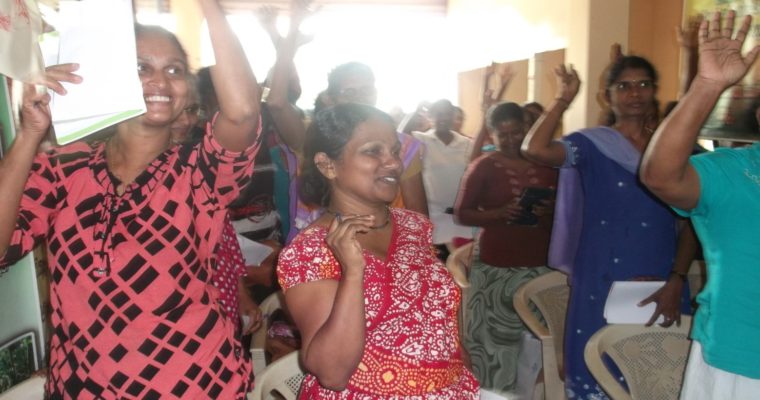
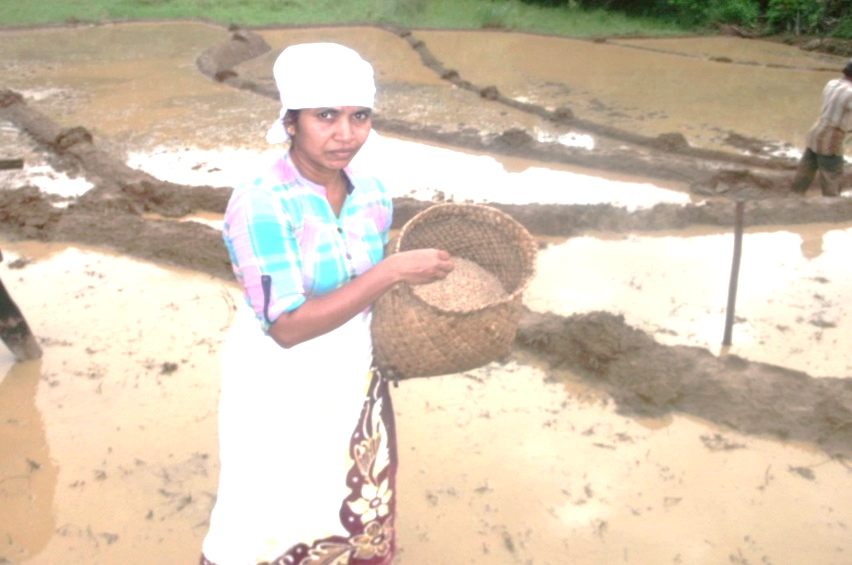
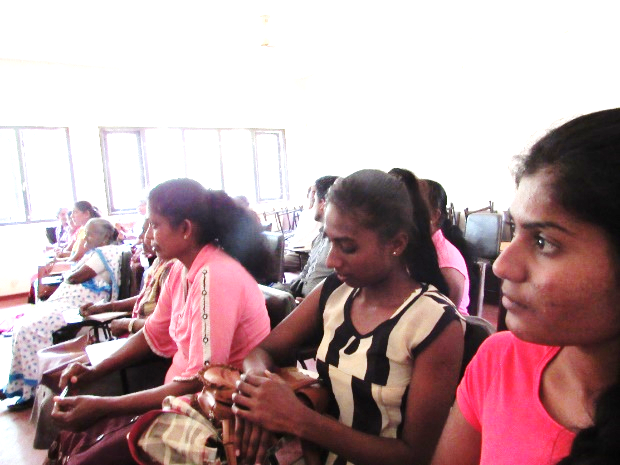

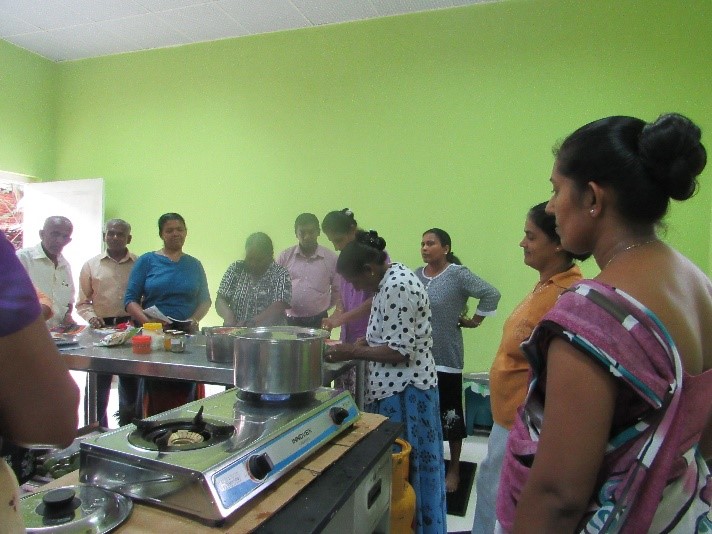
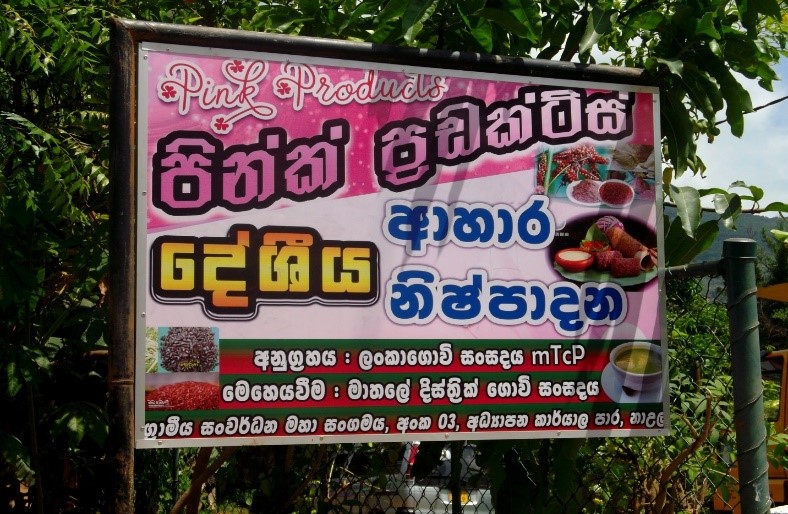
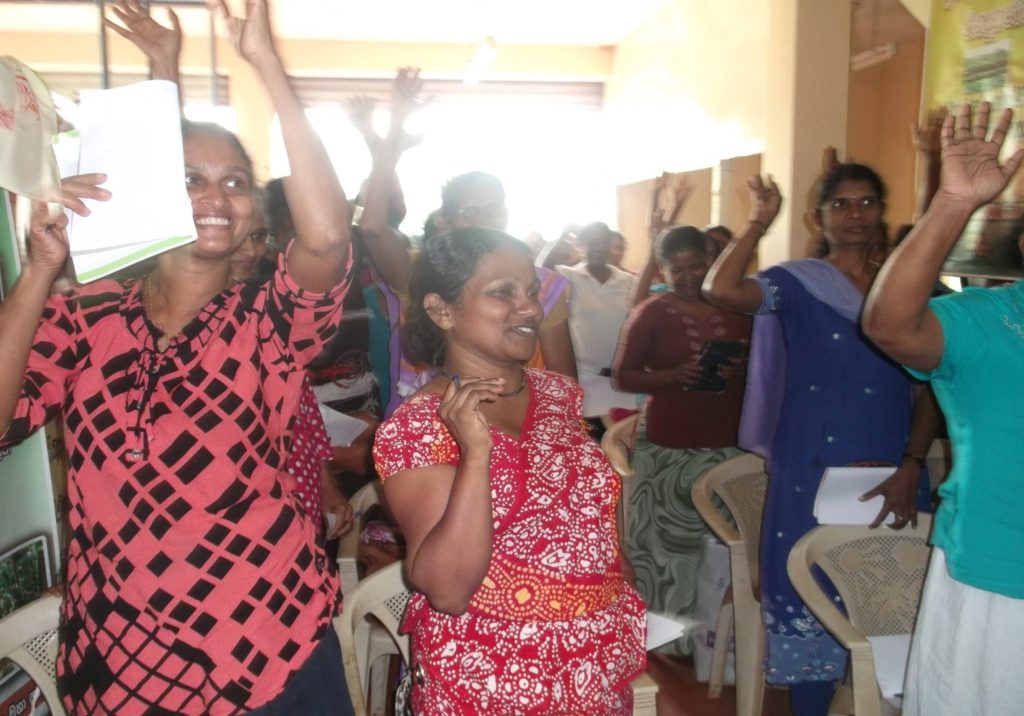
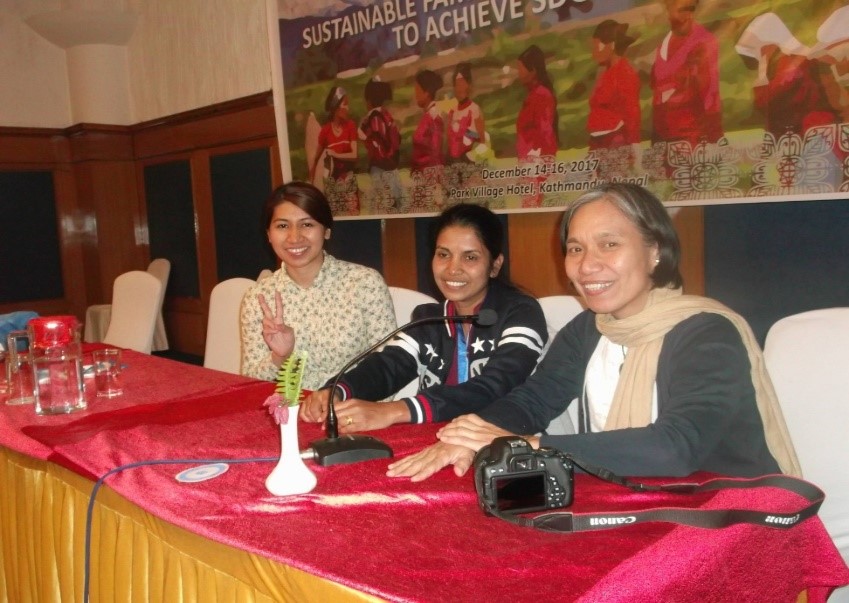

Comments are closed